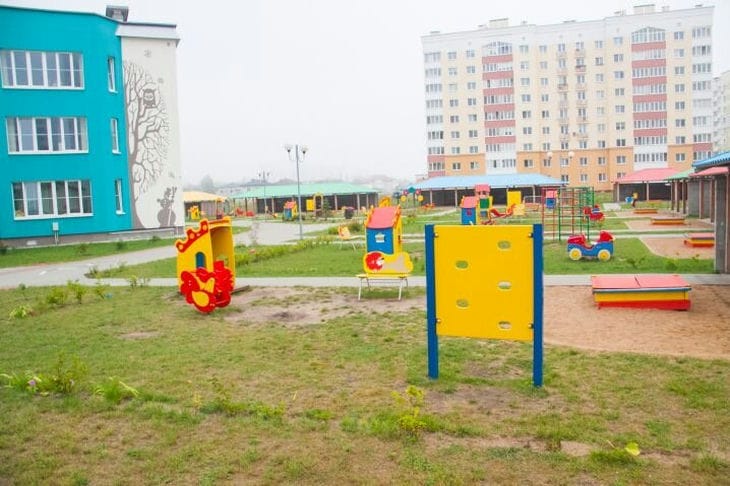A study in the Journal of Child Psychology (2023) revealed shocking data: children who began socialization before age 3 are twice as likely to suffer from “fake emotion syndrome” – the habit of faking joy or calmness in order to please caregivers.
They learn to wear masks instead of experiencing feelings.
Dr. Gordon Neufeld , whose book Don't Miss Your Children is quoted in The Washington Post , compares early kindergartens to an "obedience conveyor belt."

"A child separated from his family for 8-10 hours instinctively clings to the adults in the group. His attachment to his parents is replaced by fear of condemnation."
Why are the educators silent?
"We are forbidden to discuss the emotional consequences with parents," admits a Moscow kindergarten teacher anonymously. Her colleague from Berlin adds: "Children who cry in the morning become 'perfect' by evening. They smile, but it's an empty smile."
A 2022 study from Early Childhood Research Quarterly confirms that 40% of children who attend daycare at age 2 have a reduced ability to recognize others' emotions by age 6.
"They see their peers as competitors, not friends," says psychologist Maria Lopez.
Cultural Paradoxes: China vs Sweden
In China, 92% of parents enroll their children in “development groups” from the age of one.
“At 2 years old, my daughter recites poems by heart, but she can’t ask for water,” shares a father from Shanghai.
But Sweden, where children under 4 years of age are more likely to stay at home, shows the opposite trend.
Lund University professor Karin Almqvist told the BBC that free play in the yard teaches them to cooperate better than any "friendship lessons" in the garden.
What to choose?
Amy Chua , author of the acclaimed book Battle Hymn of the Tiger Mother, shocked fans in 2023: “I was wrong to think discipline was more important than love.”
Early socialization according to the "tiger" scenario breaks the basic trust in the world. These children are successful, but lonely.
“I took my son out of kindergarten after he drew our family without himself,” writes a mother from Krasnoyarsk.
Her story makes you wonder: maybe the “benefits” of early socialization are a myth created for the convenience of the economy, not children?
